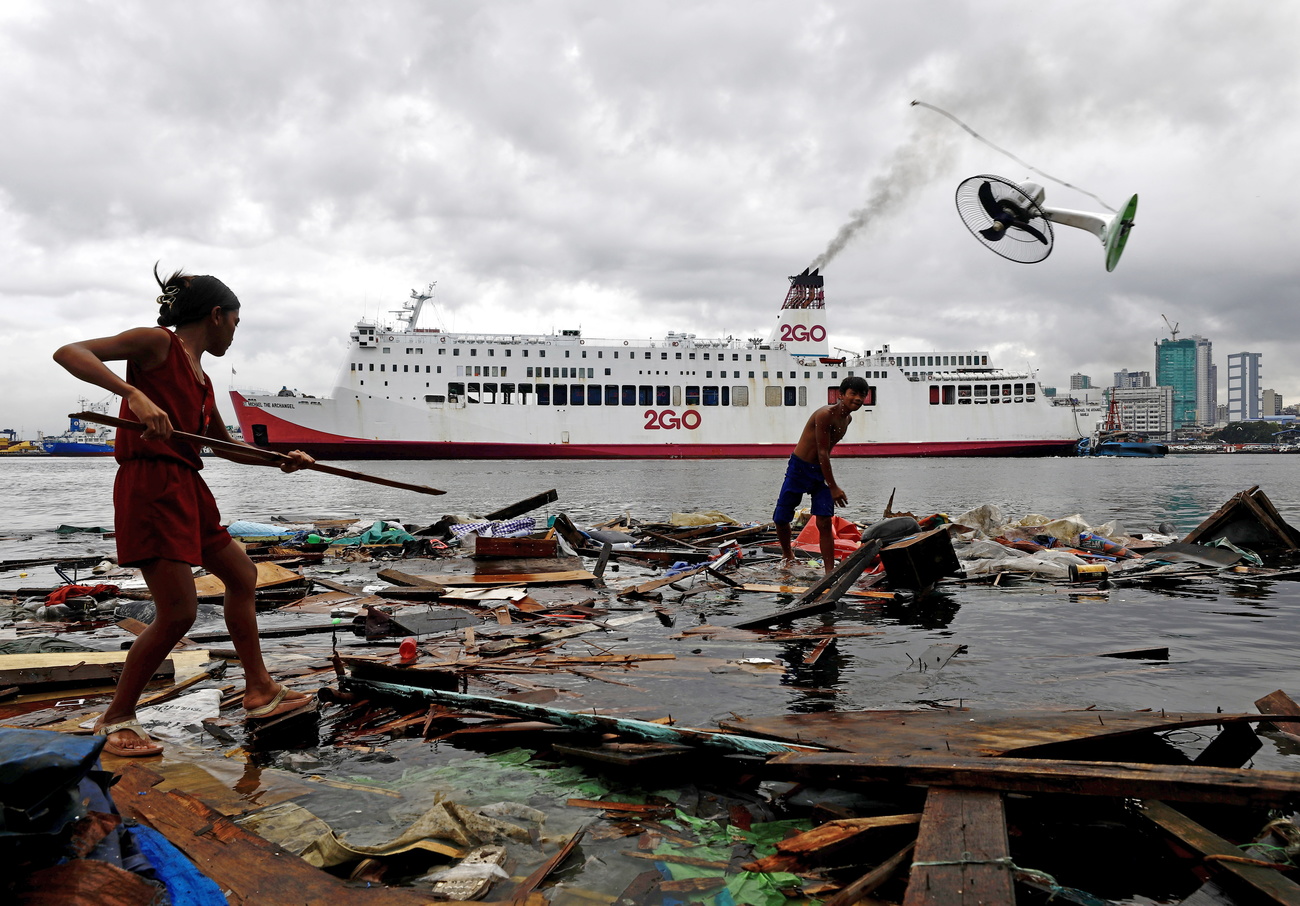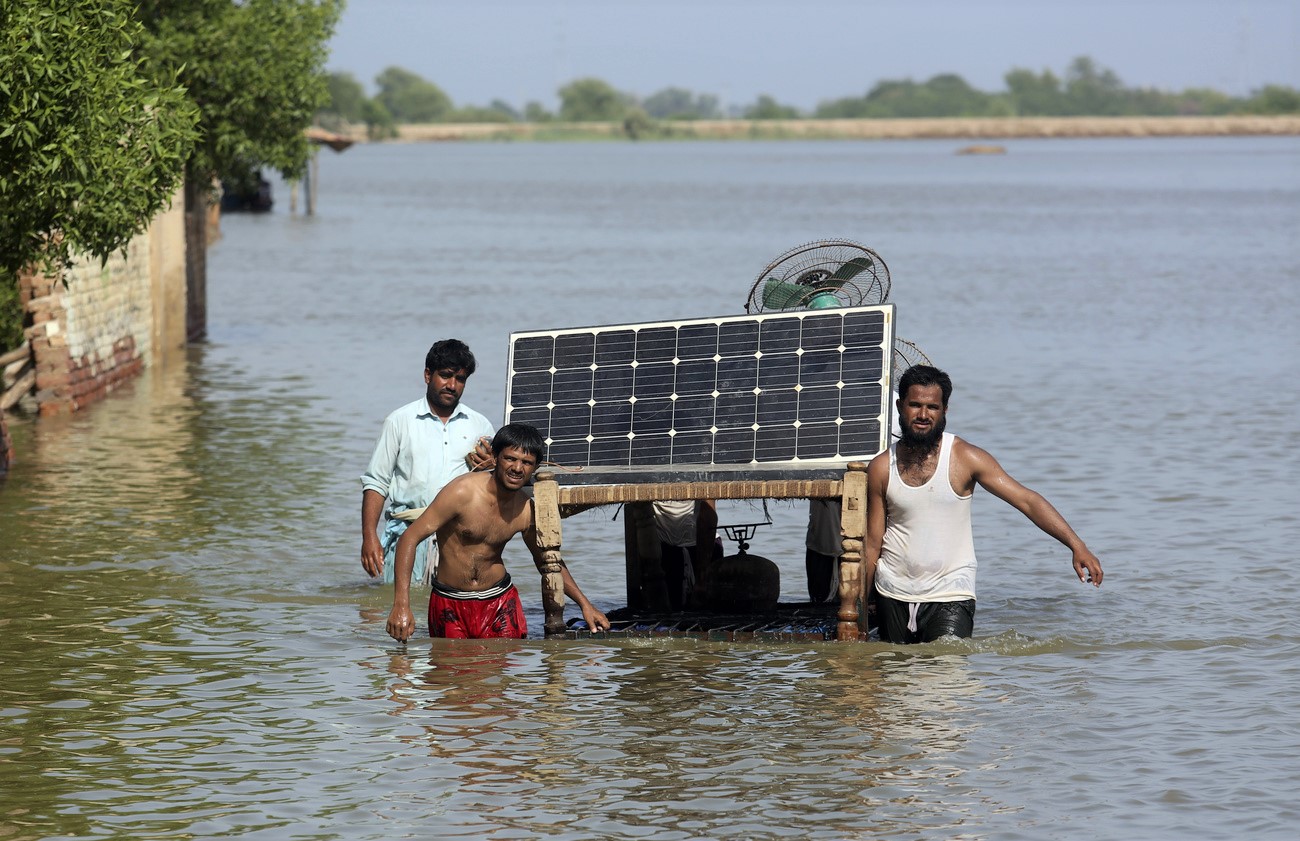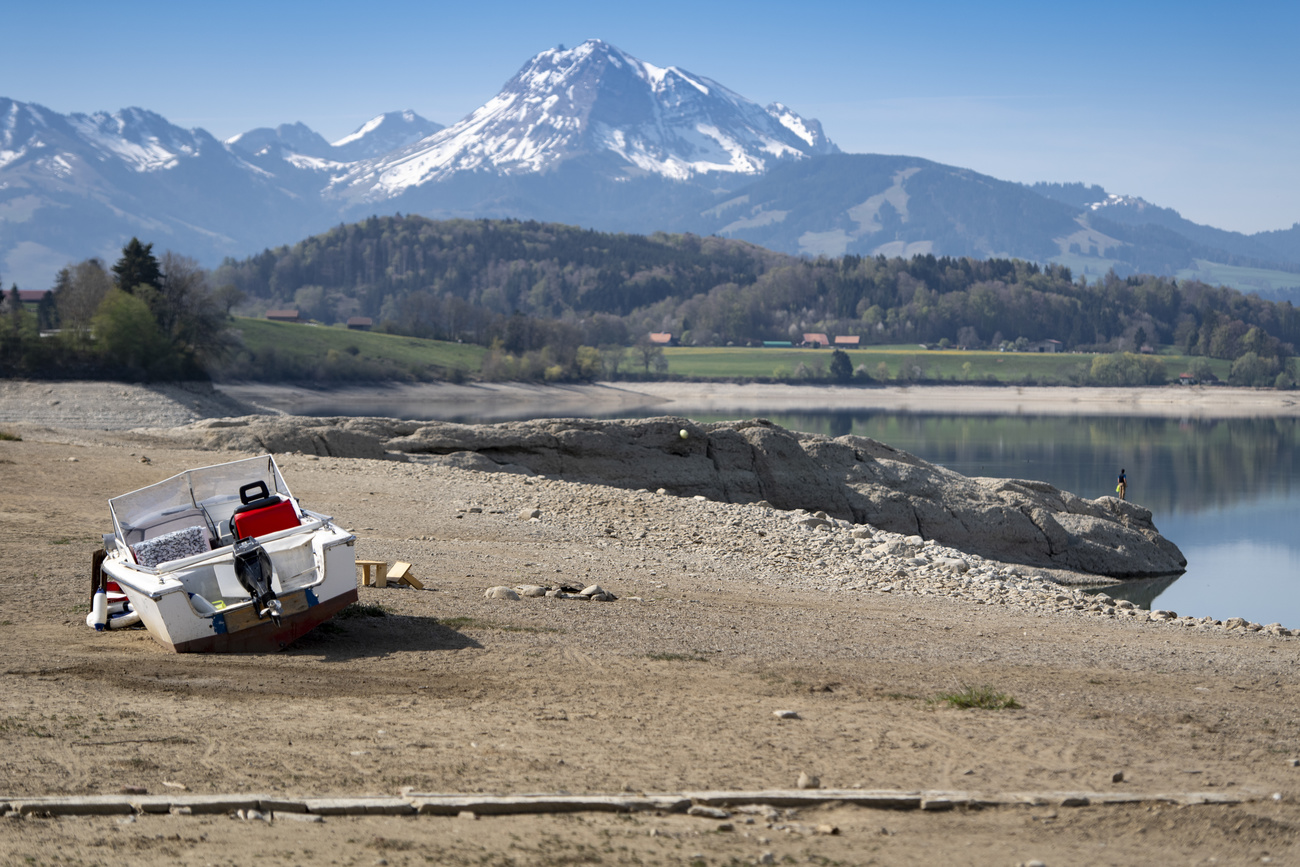Economic losses from extreme weather set to increase, says Swiss study

A recent study by Switzerland’s reinsurance company Swiss Re revealed that economic losses from extreme weather events are expected to increase with climate change, and the Philippines is the most affected. Germany is among the 15 countries with the highest burden.
According to modelled estimates, the losses in the Philippines currently account for 3% of the country’s gross domestic product (GDP), the Swiss Re Institute reported in Zurich on Wednesday. Germany ranked 14th.
The institute analysed data on four weather events in Europe: floods, tropical cyclones, severe thunderstorms and winter storms. Together, they cause economic damage estimated at around $200 billion (CHF 176 billion) per year worldwide. According to Swiss Re, these are model calculations based on figures for the year 2022.

More
More intense weather events strain rescue teams
The United States (USA) ranked second, with losses amounting to 0.38% of GDP, followed by Thailand, Austria and China. Germany ranked 14th, with losses amounting to 0.14% of GDP. In absolute figures, the losses in the USA are currently by far the highest, at around $97 billion per year.
“Climate change is leading to a rise in severe weather events and is therefore becoming an ever-greater burden on the economy,” said Swiss Re chief economist Jérôme Jean Haegeli.
The model calculations refer to total losses, not just insured losses. Other weather events, such as heatwaves, were not taken into account. Projections into the future are not possible, said a spokeswoman.
Swiss Re has analysed the countries most affected by climate change losses, for which a good data situation is available. “These estimates tend to be at the lower end of possible economic losses,” the institute reported. “As climate change leads to an intensification of weather events, the loss potential is also likely to increase.”
Translated from German by DeepL/sp
This news story has been written and carefully fact-checked by an external editorial team. At SWI swissinfo.ch we select the most relevant news for an international audience and use automatic translation tools such as DeepL to translate it into English. Providing you with automatically translated news gives us the time to write more in-depth articles. You can find them here.
If you want to know more about how we work, have a look here, and if you have feedback on this news story please write to english@swissinfo.ch.

In compliance with the JTI standards
More: SWI swissinfo.ch certified by the Journalism Trust Initiative



You can find an overview of ongoing debates with our journalists here. Please join us!
If you want to start a conversation about a topic raised in this article or want to report factual errors, email us at english@swissinfo.ch.